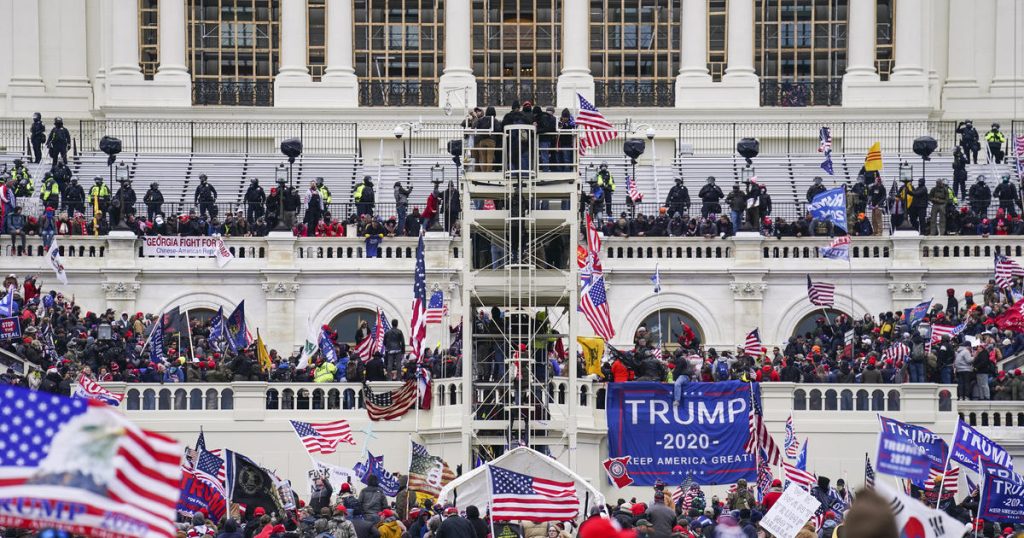Waves of U.S. Capitol riot defendants are using Donald Trump’s election promises of pardons to seek delays in their criminal prosecutions until he takes office in 2025. Defense attorneys for several defendants have cited Trump’s public statements about pardoning Jan. 6 defendants as grounds for postponing their cases. Trump’s history of granting pardons during his first term was also highlighted by some attorneys to argue for delays in court proceedings. This strategy complicates the Justice Department’s efforts to conclude its prosecutions of hundreds of cases before the change in power.
Some defendants are quoting Trump’s election campaign statements in their court filings to support their requests for delays. They emphasize Trump’s promises to pardon those convicted in the January 6 prosecutions as well as his characterization of the defendants as “hostages” in need of release by President Biden. Defense attorneys expect these requests for delays to escalate as more defendants see the potential for reprieves from prosecution under a future Trump administration. The Justice Department has encountered resistance in granting these delay requests thus far.
Former federal prosecutor Scott Fredericksen believes the Justice Department will have to address the growing number of requests to delay Jan. 6 cases until Trump takes office. He anticipates that the department may argue against such delays, emphasizing the public interest in swift justice administration. The present challenge for prosecutors will be to balance the persistent demand for delays with the imperative of moving forward with ongoing prosecutions. This tug-of-war between defense attorneys seeking relief and the Justice Department’s resolve to proceed underscores the complexity of the legal ramifications stemming from the Capitol riot.
In the face of mounting delay requests, the Justice Department has faced pushback from defense attorneys seeking reprieves for their clients. Many defense attorneys, including Joseph McBride, anticipate submitting requests to delay proceedings for all similarly situated defendants, underscoring the strategic advantage they believe Trump’s potential pardons offer. The future of these cases remains uncertain as the Justice Department grapples with its approach to prosecuting individuals involved in the Capitol siege while also contending with the specter of Trump’s possible intervention through pardons and clemency.
The Justice Department’s aggressive prosecution of over 1,500 Capitol siege cases has resulted in numerous guilty pleas and trial convictions. Despite the progress in prosecuting these cases, arrests continue as new cases are unsealed, suggesting ongoing efforts to hold accountable those involved in the insurrection. With the potential for a Trump-appointed Attorney General to dismiss pending Jan. 6 cases or even reopen and dismiss cases against those already convicted, the legal landscape surrounding the Capitol riot cases remains fluid. The utilization of Trump’s statements on pardons to seek delays underscores the evolving dynamics of the aftermath of the Capitol riot.


